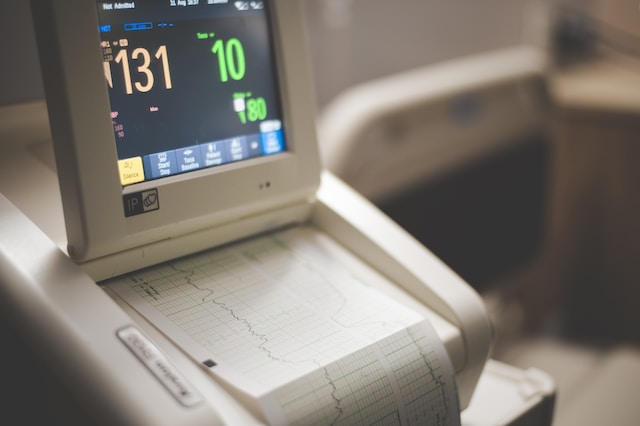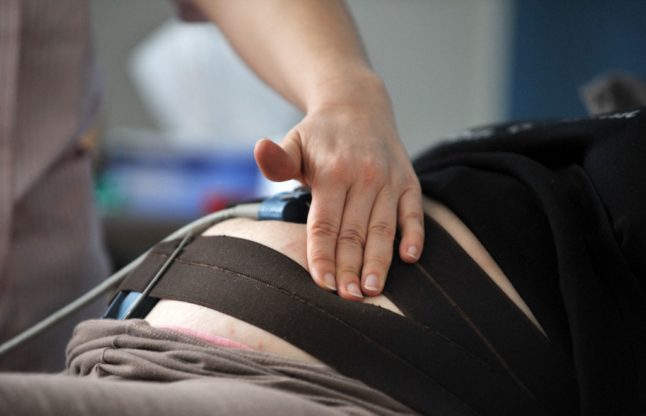Yesterday we published an article that reported on the personal experiences of a mother and a daughter about growing up bilingual. They both talked about their different feelings of frustration in overcoming their own challenge as there were times during which one language prevailed over the other.
READ MORE: 'Growing up bilingual can be a challenge'
As many people grow up bilingual, it is not surprising that everyone has their own personal experience and opinion regarding the topic. Many readers shared their own and here is a selection of some of their comments:
“I too grew up bilingual as did my siblings. From what I can remember, I never felt any frustrations towards what language to use. In fact quite the opposite. I felt free to communicate with a vast amount of people who, it turned out gave me encouragement and adulation because I could speak two languages fluently.
“I also want to point out that even if a child feels a bit a frustration over this, it's not a bad thing and should never be seen as something that needs to be avoided.” Comment posted by eduardoarellano.
“I too am an English mother growing up two bilingual children in Italy. Mine go to an Italian speaking nursery school, and are already replying to me in Italian, however a steady stream of English books; films; cartoons; guests from the UK (plus the CBeebies website!), and me speaking entirely in English help us to redress the balance.
“If at some point they refuse, I won't hesitate to use the same technique as the lady above. I see English as a present I'm giving to them, and I won't give up easily and I know long term it will help.” Comment posted by Amy Robins.
“Neither of my two sons ever had the slightest problem handling English and Danish through their formative years. Today both languages are their mother tongue. Their father being British and I Danish.” Comment posted by Jette Mackenzie.
“Recently moved back to England with my two teenage daughters after nine years in Italy and they speak both Italian and English fluently. We spoke English at home and they spoke Italian at school and with their friends etc. They didn't know a word of Italian when we first moved out there.
"I can't pretend it was easy for them to begin with and we were told by the teachers to speak Italian with them, which would have been a disaster as neither myself nor my husband are mother tongue, so we continued English at home and Italian outside of home and I am very glad that we did. They have also learnt the local dialect as well.” Comment posted by Elizabeth Riccitelli via Facebook.
"I do not see the bilingual upbringing as a challenge, rather a necessity. I grew up with four languages (Swedish, Danish, English and German) due to various circumstances. Kids are like sponges, learning languages comes naturally to them and is not something that needs to be 'acquired' as it is does for people in later in life.
"We did always keep my native Swedish at home, which I recommend. It is a shame to lose a native language due to laziness." Comment by Jesper Kähr via email.
“Our daughter is three years old and she has started to mix English and Italian. She finds it easier to reply in English but she understands everything that I say and the answer is always coherent with the question. When we are in Rome she tries harder to speak Italian, as my parents don’t speak English so I think it’s just a question of being patient”. Comment posted by Silvia Pensa via Facebook.
“My daughter, now 22, grew up in Italy with an English mum (me) and an Italian father. Her first language has always been Italian but I've above all always spoken English to her. She always watched videos and TV programmes in English while growing up. She has never found it a challenge or strange or difficult. It just becomes a normal part of everyday life and objects have 'two names' instead of just one.” Comment posted by Katherine Roycroft via Facebook.
“I hope that my three children are just going through the period where I talked to them in Italian and they reply in English. But it’s been like this for years.” Comment posted by Roberto Sartoni via Facebook.
"I'm a retired American and have lived in Italy for ten years. Two of my three children were born in Germany to myself and my Danish wife. The oldest child married a French woman and they live with three children in Zurich. The next married a German woman and they live with a son in Cologne. The youngest married a Swedish woman and they live with three children in Uppsala. All come to Italy yearly and the grandchildren speak English with each other.
"The problem I see is that there are no Italian children their ages (five to 13) who speak English! Whereas my grandchildren speak English, German, Swiss German, Swedish and French. I find it incredible the lack of language abilities in Italian children. This is a serious problem for the future of Italy." Comment by Paul Pekar via email.





 Please whitelist us to continue reading.
Please whitelist us to continue reading.
Member comments